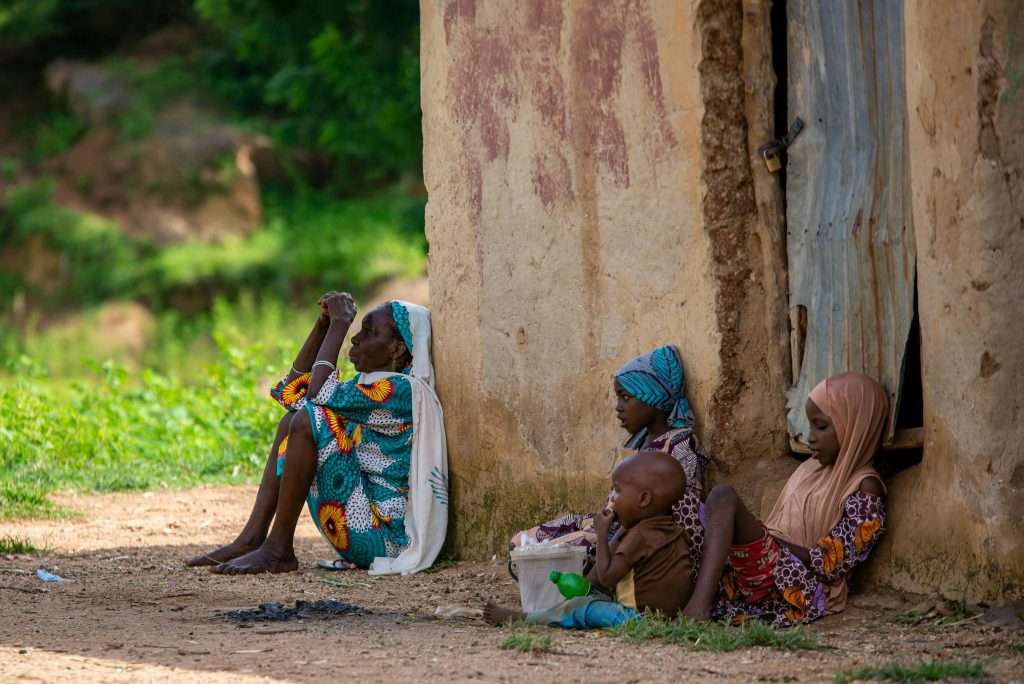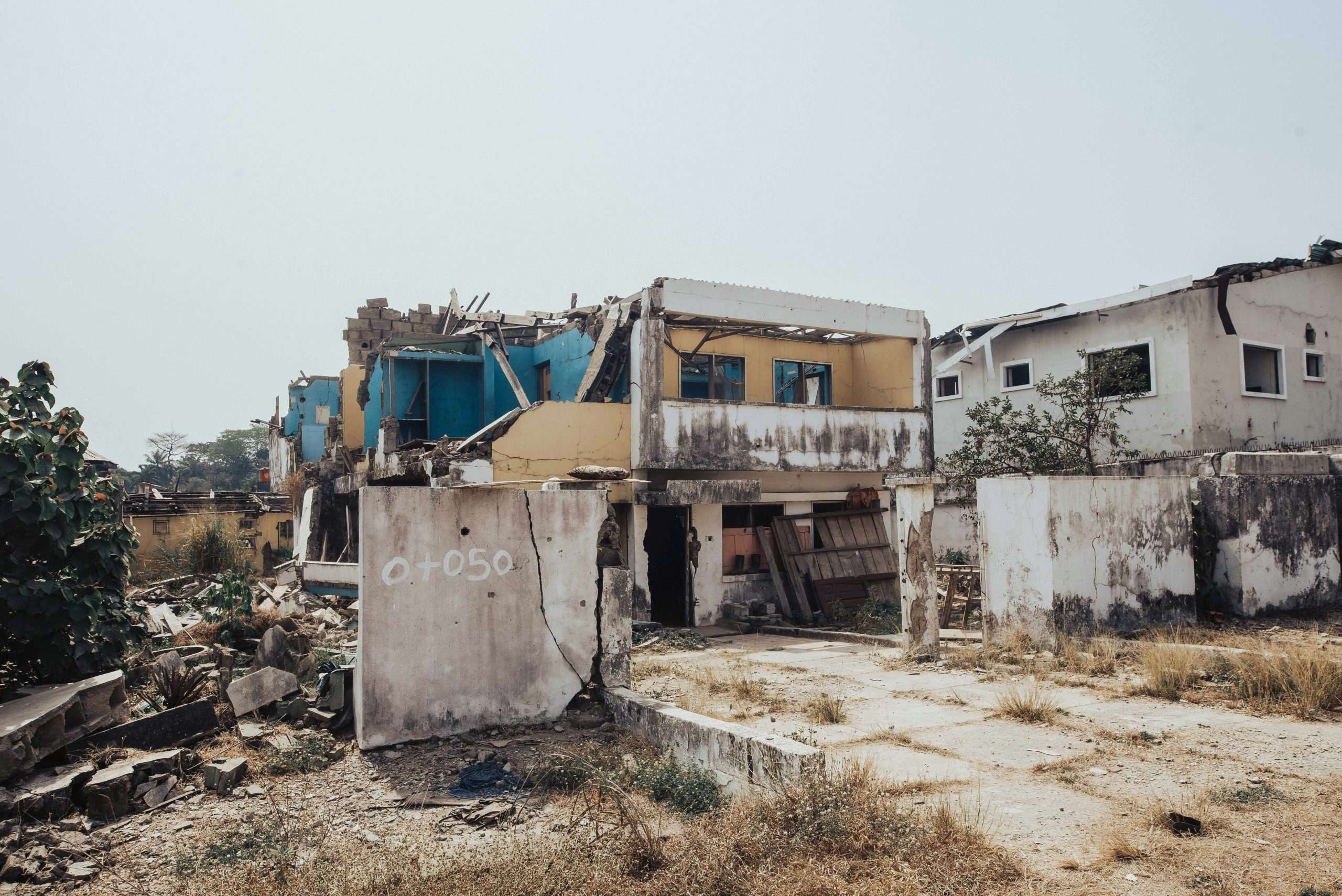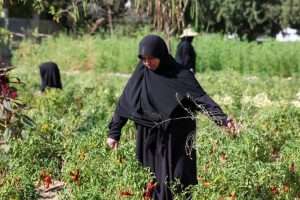Female suicide bombers in Africa: A secret weapon

Last week, following a collaborative security operation, Morocco and France halted a terrorist attack targeting a religious location in Rabat, The Arab Weekly plus agencies reported on June 29th . Morocco’s Central Bureau of Judicial Investigations (BCIJ) announced that they had arrested the suspect, a 21-year-old female student, currently enrolled at a prestigious technical institute.
An official statement said that the suspect had become an expert at assembling explosive devises and creating lethal poisons. Evidence showed that the student had started to collect the necessary materials to execute her plot.
French Justice Minister Gerald Darmanin praised Morocco for its “exceptional” efforts to counter extremism, adding that it “helps us avoid tragedies in both France and Morocco.”
Women are increasingly being used in suicide attacks because of their seemingly innocent appearance, according to research by International Interactions. The study called on the counterterrorism community to develop effective measures to address the new security threat posed by female suicide bombers.
The rise of female suicide bombers marks a significant and concerning shift in the evolving world of terrorism. Traditionally, extremism has been a predominantly male sphere, with men leading, planning and executing terror acts themselves. However, in recent years, women are being deployed in some of the most violent and tragic operations for terror groups like the Islamic State in the Middle East and Boko Haram in Nigeria.

A study by Georgetown University’s School of Foreign Service also predicts that the incorporation of women in terrorist activities is due to terrorist groups exploiting gender biases and societal norms. Women often attract less suspicion, leaving them better suited to avoiding security protocols or systems.
Women are often captured, coerced or exploited and then forced into carrying out attacks out of fear. However, others voluntarily take part, driven by a belief in martyrdom, personal retribution or ideological devotion. The efforts to combat terrorism are severely hampered by this contradiction. It is difficult for governments and security services to distinguish between treating these women as victims of coercion who require rehabilitation or as violent extremists who need to be imprisoned.
In June, the Islamic State attempted a suicide bombing in Uganda, Long War Journal reported. A female suicide bomber was used in the attack which targeted a gathering of Christians on the outskirts of Kampala, Uganda’s capital.
It is unclear whether the was a premature detonation was an accident or because of the intervention by security forces.
According to local officials, the group of worshippers were gathered for Uganda’s Martyrs Day which commemorates 45 Ugandan Christian martyrs who were killed by local traditional authorities for refusing to renounce Christianity in the late 1800s. CCTV footage showed no fatalities as the female and her driver rode away on a motorcycle taxi before the premature explosion.
The 2024 terror attacks in Gwoza, a town in Nigeria, killed more than 30 people and left dozens injured. These attacks illustrate how Boko Haram exploit cultural perceptions of women being non-threatening, the study said.
Boko Haram gained international notoriety in 2014 when it kidnapped more than 270 schoolgirls in Borno state, the centre of a 15-year insurgency by the terror group. Boko Haram has utilised more women as suicide bombers than any other group in history and continuously disrupts community life by deploying women to attack public events, including weddings, funerals and hospitals.
“We are concerned about the resurgence of suicide bombing in our country and the threat it poses to the lives and livelihoods of Nigerians,” church leader Daniel Okoh said in a statement issued on behalf of all Nigerian Christian leaders. “This senseless act of violence is a stark reminder of the evil that terrorism represents and all the need for collective action to defeat it.

A statement published on Facebook by Nigerian President Bola Tinubu’s spokesperson read: “The president declares that the purveyors of wanton violence shall have a certain encounter with justice, and that these cowardly attacks are only but an isolated episode as his government will not allow the nation to slither into an era of fear, tears, sorrow, and blood.”
To combat the rising number of female bombers, Nigeria has formed a rehabilitation initiative for Boko Haram defectors. Nigeria’s Operation Safe Corridor has started to implement gender-specific trauma therapy and vocational training sessions for women forced into the group, the study by Georgetown University’s School of Foreign Service said.
Although the female bombers may not consistently select different targets, compared to their male counterparts, their presence in crowded social environment offers a tactical benefit for terror groups. However, critics have called the initiatives underdeveloped, noting that the programming requires significant investment and international support to ensure that it acts as a long-term solution.
Researchers urged that, as female involvement in suicide bombings continues to rise, the international community must adapt its strategies to meet this growing threat. Human Rights Watch also called on the Nigerian authorities to “take decisive action to hold those responsible for these abuses to account.”
The Arab Weekly plus agencies, International Interactions, Georgetown University’s School of Foreign Service, Long War Journal, Human Rights Watch
Want to chase the pulse of North Africa?
Subscribe to receive our FREE weekly PDF magazine














